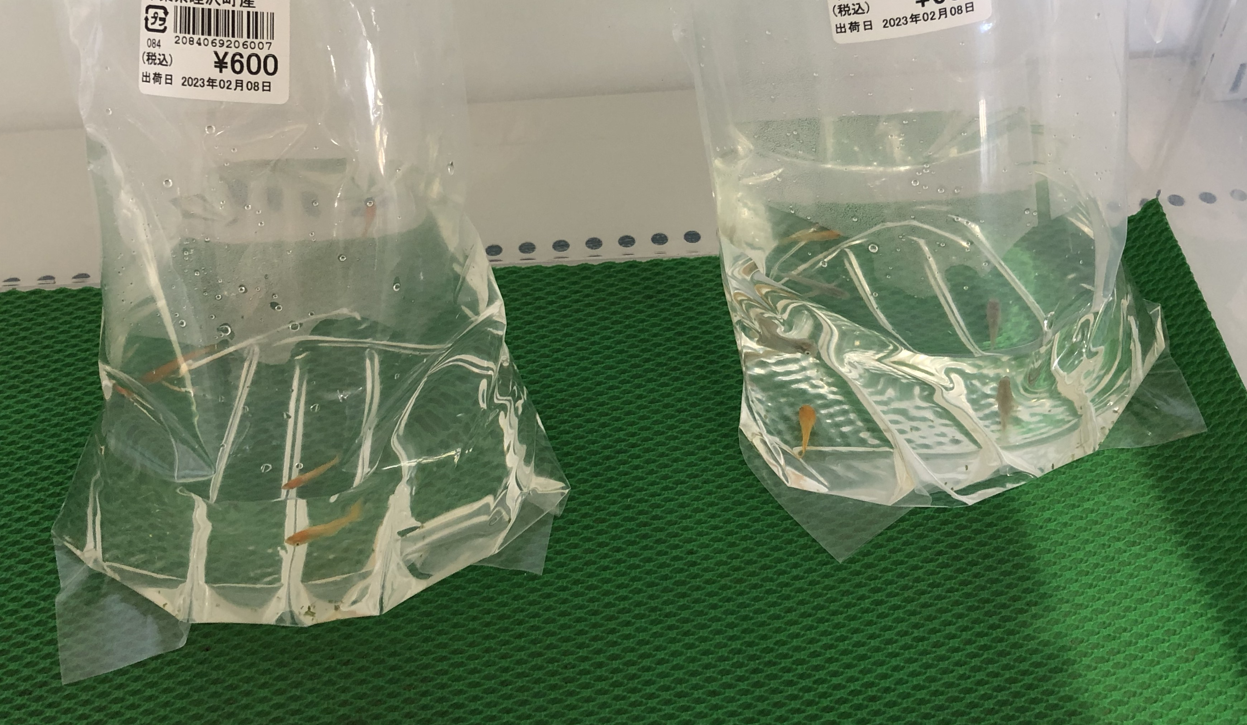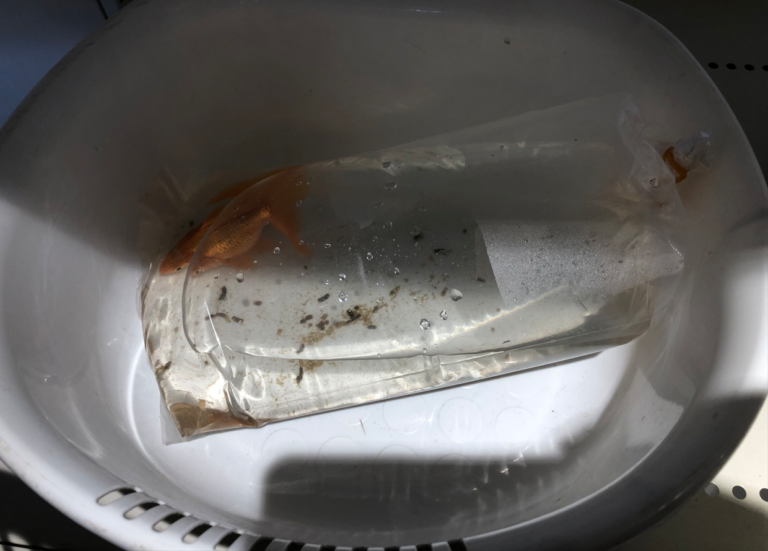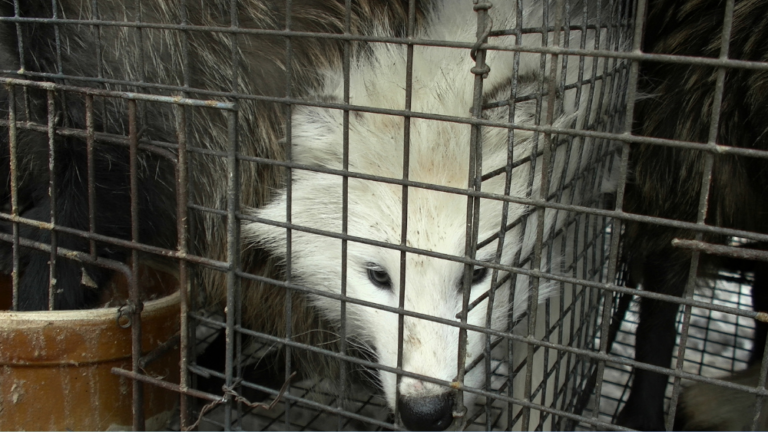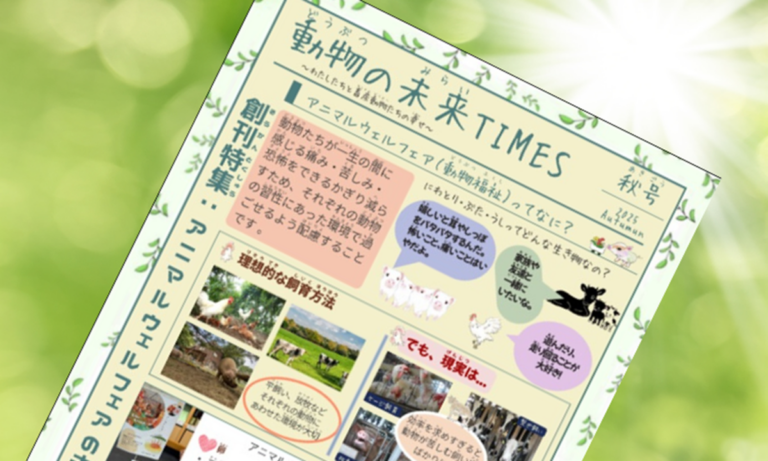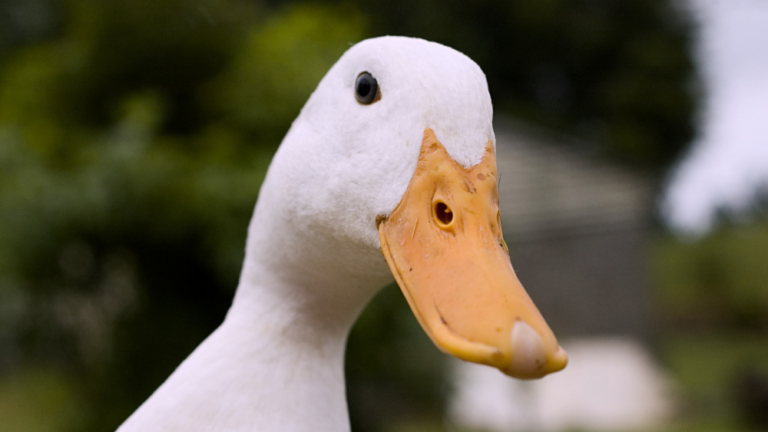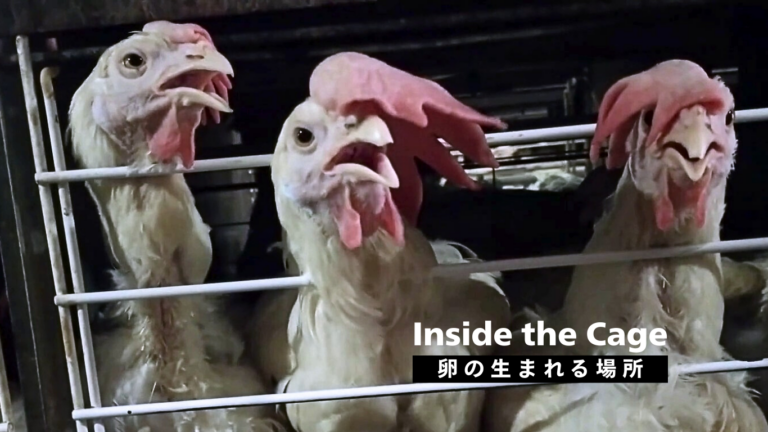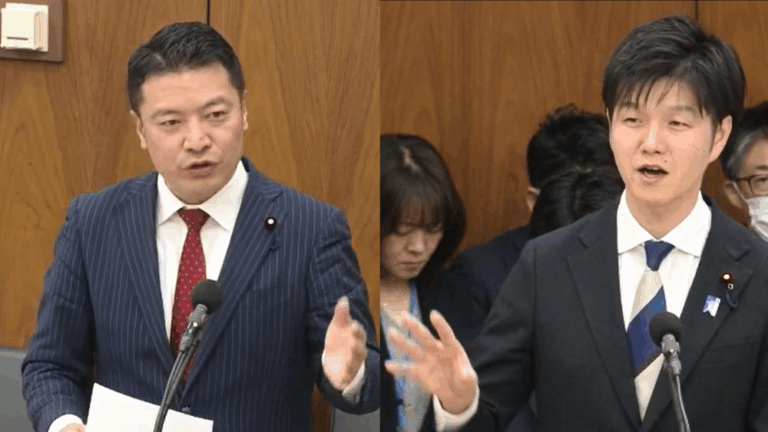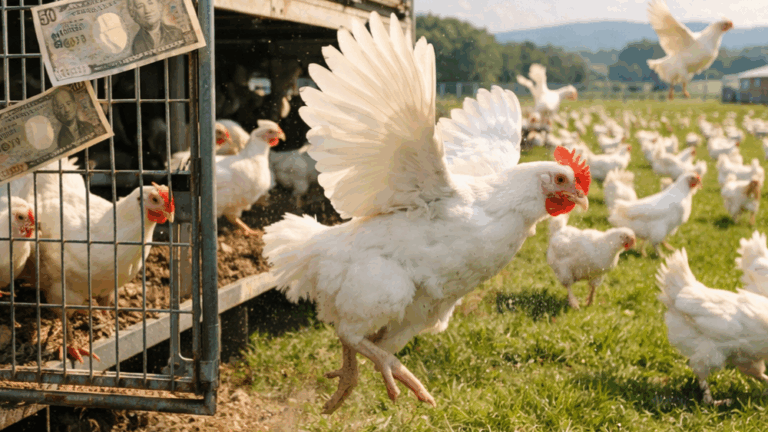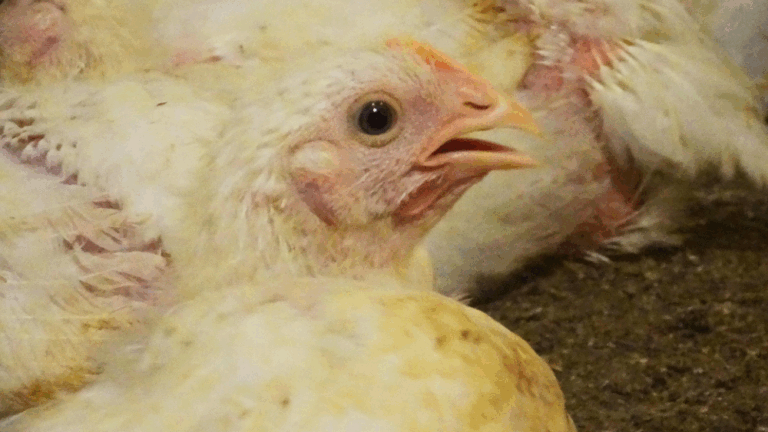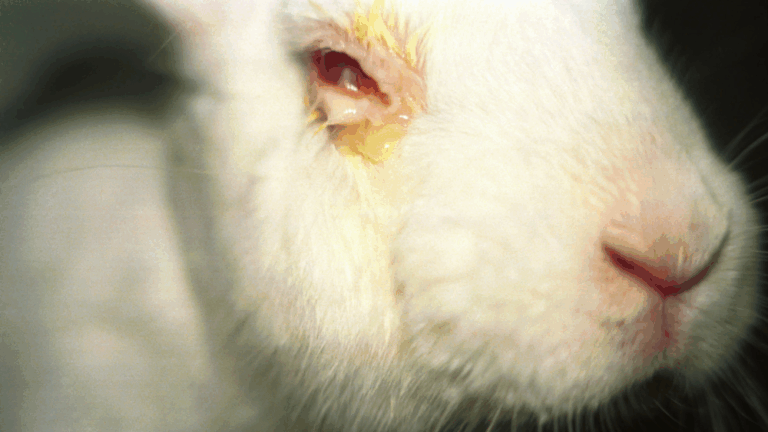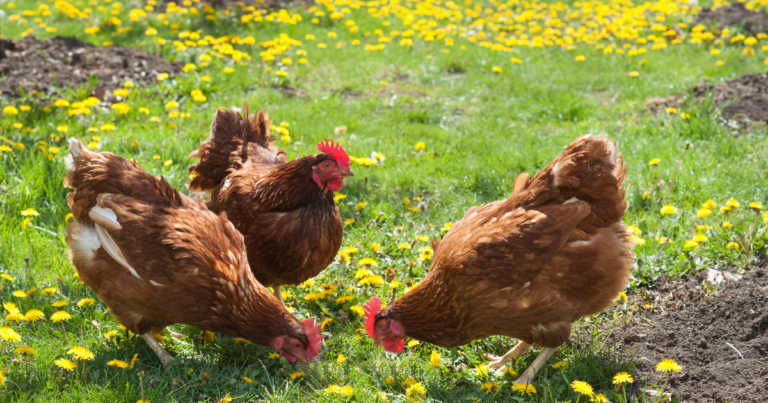Goldfish and killifish are sold at the flower and tree sales corner of Mutsuzawa Roadside Station in Mutsuzawa Town, Chiba Prefecture. The fish are sold in plastic bags. In particular, a type of goldfish called “Ranchu” was kept alone in a plastic bag with not enough water to cover its entire body.
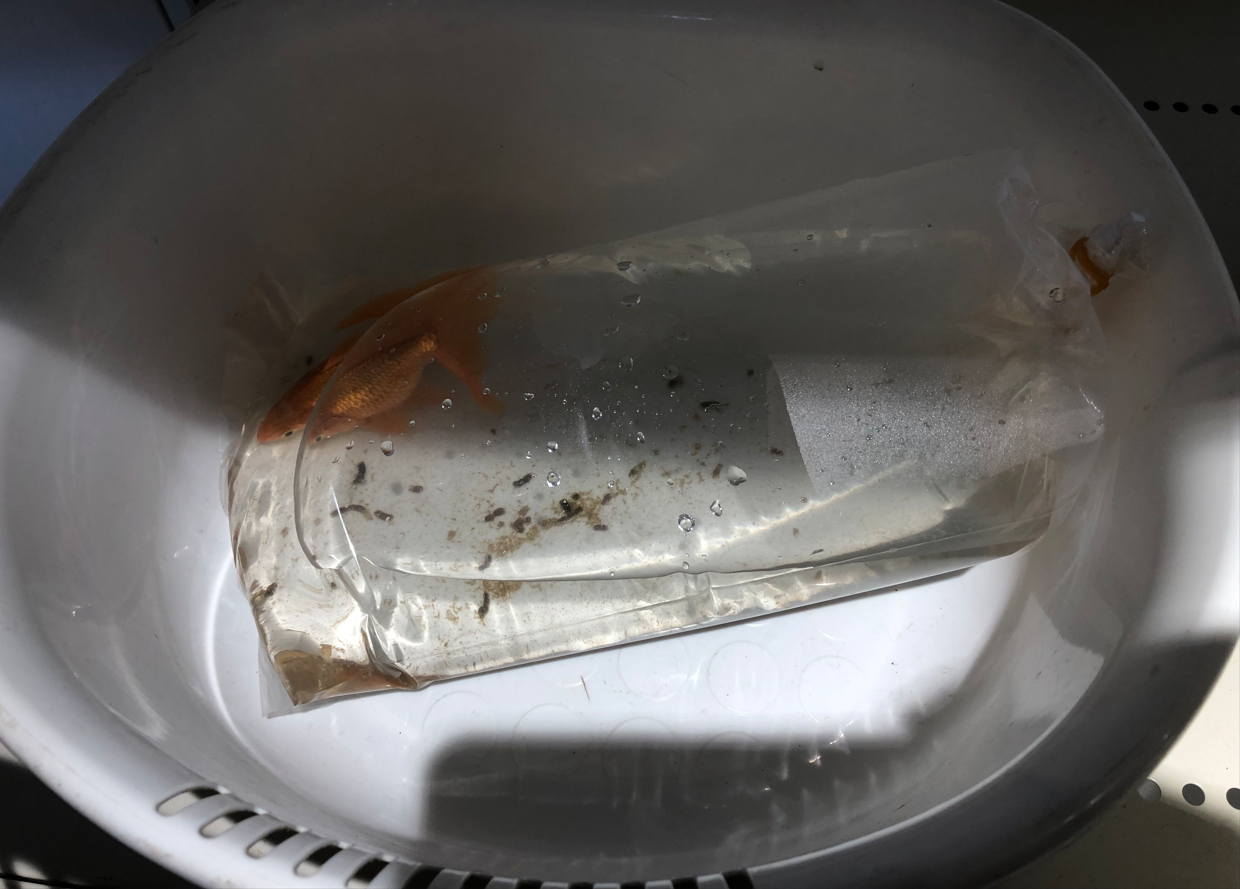
This method of sale would of course not allow for feeding or changing the water. The amount of feces indicates that the goldfish will be trapped in this environment for more than just a day or so. Of course, there are no water plants to hide in, and the goldfish stayed at the edge of the bag and did not move, perhaps trying to escape this environment somehow, or perhaps seeking a place with a little water in it.
We have long been opposed to selling ornamental fish in plastic bags. (Opinion to Cainz)
We guess that its intent is to make the fish more visible than being in an aquarium or to make it easier for consumers to pick up, but from the perspective of animal welfare, this is a sales method that should be abolished.
The Animal Rights Center Japan has expressed our opinions on this matter to both the City of Isumi and “Roadside Station Mutsuzawa,” but there were two reasons why the situation could not be improved immediately.
1.Responsibility for sales management is not clear.
The rights to the land and buildings of “Roadside Station Mutsuzawa” belong to Mutsuzawa Town. Therefore, the Animal Rights Center Japan initially expressed its opinion to Mutsuzawa Town to improve the method of selling ornamental fish. However, although the real estate belongs to Mutsuzawa Town, the maintenance and management of the property is outsourced to a private operator. Therefore, the town does not have the authority to make improvements, so we were told to talk to the private contractor to whom the center is outsourced. There is also a wellness residence in this roadside station, which is operated by the town, but the direct sales operation is outsourced. When we asked the town official about the significance of selling aquarium fish to the town, he replied, “It is not a local special souvenir, but a remnant of the fact that the fish were sold by local people before the roadside station was renovated two years ago. There should be an organization called the Roadside Station Shipping Council, so why don’t you consult with them?
The Mutsuzawa Town representative urged us to contact the person in charge of sales in the roadside station next. This time, we were told, “The goldfish are bred by a private person and sold at the roadside station. There are people in and out of town who breed them. The roadside station only provides a place to sell them, so we can’t interfere.” This person did not tell us about the Roadside Station Shipping Council or even the name of the company that operates it. Above all, we must say that his understanding of the responsibility of handling living creatures is extremely poor.
Roadside stations are popular all over Japan, and one of the reasons for their popularity is that they sell directly from the producer (or the manufacture), which means that agricultural products are sold at a price determined by the producer, making them available at a lower cost than in the market. This may be fine for vegetables, but what about living creatures? At the very least, there should be someone on the sales floor who is familiar with the handling of animals.
2.Sales representatives lack of knowledge.
In talking with a roadside station sales representative, we were asked, “So what should we do?”. Goldfish are farmed fish, so the OIE (World Organisation for Animal Health) standards apply to them.
The OIE Code of Hygiene for Aquatic Animals, Chapter 7, Introduction to the Welfare of Farmed Fish, Article 7.1.1, “In using fish, ethical responsibility is required to ensure the welfare of the animals used to the maximum extent possible” would be applicable.
However, what we have requested this time is not about such a level. But it just means “The goldfish sold here don’t have enough water to cover their body. We want them to do something about it”. As a customer, we could easily see that there was not enough water. We have checked this sales floor many times, but all the fish were being sold in the same condition.
According to the person in charge of the Roadside Station, the sales package of goldfish is handled by the breeder, so it is the breeder who can improve the situation, but we think that the Roadside Station and Mutsuzawa Town need to establish certain rules regarding the products they sell. In particular, the sale of living animals should be carefully regulated, and if for some reason it is impossible to regulate the sale of living animals, the sale of living animals should be discontinued at that location. If the operators and the Roadside Station Shipping Council require us to do so, the Animal Rights Center Japan will support improvements.
The OIE points out that “improving the welfare of farmed fish often enhances productivity, leading to economic benefits.” This highlights that animal welfare in fish farming can contribute to increased productivity and economic gains. However we must be concerned that if the people involved in selling the fish are not aware of this and have no business expectation of profit, the fish may end up in an environment where they do not even have access to water. The way the goldfish are sold at Roadside Station Mutsuzawa is such that even if they die, the seller does not feel it is a great loss. Excessive profit-seeking in live animal sales is problematic, but on the other hand, not seeking profit to that extent can lead to indifference that may endanger lives.
Now that the Covid-19 disaster is settled down and people are enjoying their holidays again, please be aware of the animals that are sold as souvenirs when you visit various places. Not only the case for aquarium fish, but there are also cases where live animals are improperly sold for eating. If you see such a situation, please speak up for the animals.
